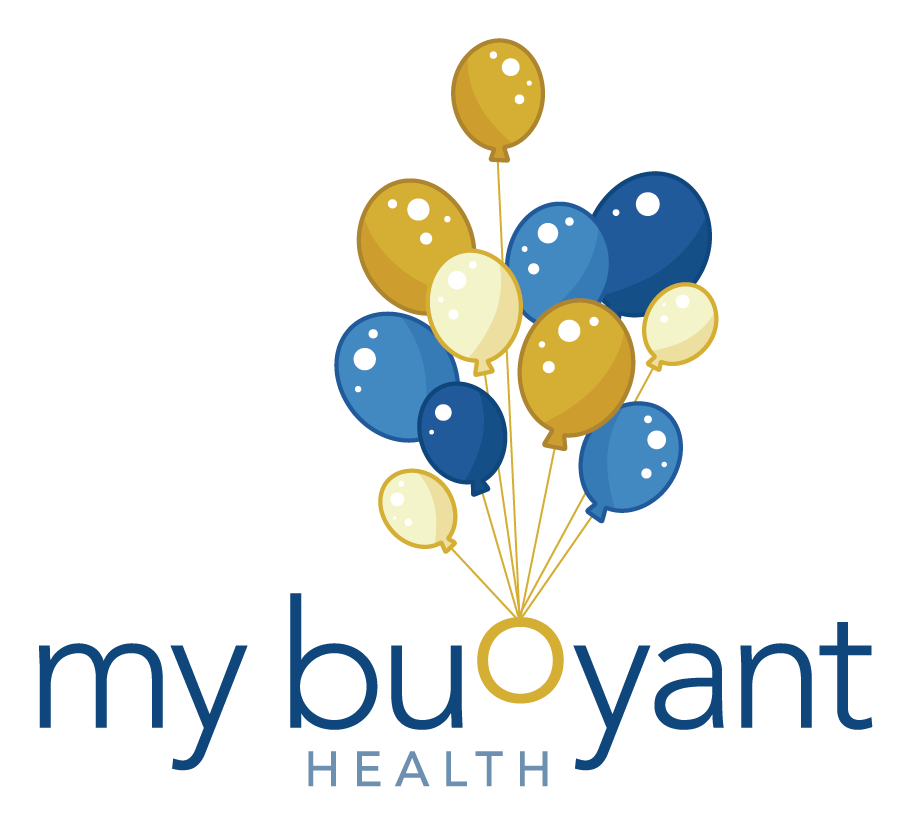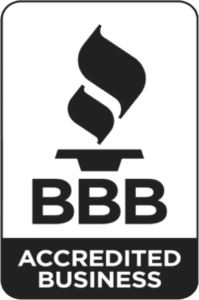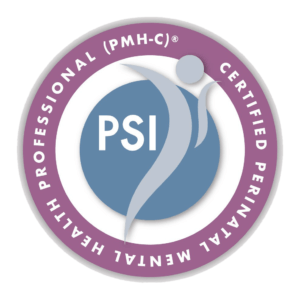
Attention-deficit/hyperactivity disorder (ADHD) testing is a multifaceted and comprehensive evaluation process used to determine whether a person has the condition. Beyond confirming a diagnosis, it provides insight into how ADHD impacts a person’s daily life and lays the groundwork for the next steps.
Once testing is complete and a diagnosis is established, the focus shifts to treatment. If you have recently had ADHD testing or are due for it, this blog will guide you through the treatment process, offering strategies to help you maximize the benefits and work toward the best possible outcome.
Working With Your Mental Health Provider to Develop a Treatment Plan
Once your provider confirms that you have ADHD, they will work with you to craft a treatment plan that is tailored to your unique needs and circumstances. It will likely consist of a combination of the following approaches:
1. Medication
Medication is the mainstay of ADHD treatment. The choice as to which type you need, whether stimulant or nonstimulant, depends on your specific symptoms, medical history, and your current health status, among other factors.
It is important to understand that finding the right medication and the right dosage can take time. Be patient and maintain open, honest communication with your provider. Track your symptoms, note any side effects, and share this feedback regularly to help fine-tune your treatment.
2. Cognitive Behavioral Therapy
Cognitive behavioral therapy (CBT) is a widely recommended therapeutic approach for individuals with ADHD, particularly those who also experience anxiety, depression, or difficulties with self-esteem. Unlike general talk therapy, CBT is structured, goal-oriented, and focused on identifying and changing unhelpful thought patterns and behaviors that contribute to daily challenges. Through CBT, you can learn practical strategies to manage procrastination, improve organization, regulate emotions, and strengthen problem-solving skills.
3. ADHD Coaching
ADHD coaching offers a solution-focused, action-oriented approach to managing the demands of daily life. Unlike therapy, which often delves into emotions, patterns, and underlying thought processes, ADHD coaching is about helping you bridge the gap between intention and action.
Together, you and your provider will develop concrete systems for managing time, staying organized, prioritizing tasks, and following through on goals. Coaching sessions often focus on building routines, breaking down big goals into manageable steps, and creating external accountability structures to keep you on track.
4. Lifestyle Strategies
Do not overlook the impact of your lifestyle habits on managing ADHD. Regular exercise, balanced nutrition, quality sleep, and mindfulness practices can all support cognitive function and emotional regulation. While these approaches do not “cure” ADHD, they can enhance your overall well-being and help tamp down your symptoms.
Building a Strong Support System
Support networks come in many forms, from trusted friends and family to online and in-person support groups. These connections play a vital role in helping you navigate the emotional and practical aspects of managing ADHD.
Start by identifying people in your life who understand, encourage, and advocate for you. These are the ones who will remind you of how far you have come when you feel discouraged, help you hold yourself accountable to your goals, and give you the extra push.
Beyond your immediate circle, joining ADHD-specific support groups, whether in-person or virtual, also offers invaluable benefits. Hearing from others who share similar struggles and challenges helps you feel less isolated and more empowered.
Navigating Your ADHD Journey With Grace, Hope, and Determination
ADHD treatment is an ongoing process that requires consistency, adaptability, and intentionality. As you move forward, give yourself permission to approach this journey with patience and self-compassion. Some days are easier than others, and treatment rarely follows a linear path, but here is something to give you hope: remission is possible.
Regular follow-ups with your mental healthcare provider are key to ensuring your treatment plan remains effective as your needs evolve. Stay open to revisiting your strategies, whether that means adjusting medications, refining your coping tools, or expanding your support network.
Remember, your diagnosis does not define you, but understanding it enables you to work in harmony with your brain’s unique wiring. With the right care, resources, and support, you can live a life that perfectly aligns with your goals and values.
ADHD Testing & Treatment Near Me in Phoenix, AZ
At My Buoyant Health, our compassionate and highly skilled mental health providers specialize in helping ADHD warriors not just rein in their symptoms but also crush stereotypes by empowering them to become the best version of themselves. We are eager to walk alongside you and equip you with everything you need to reach your full potential and lead a happy, fulfilling life despite your diagnosis.
For more information or to schedule a consultation, contact us today at (602) 510-6582 or use our convenient and secure appointment request form.




